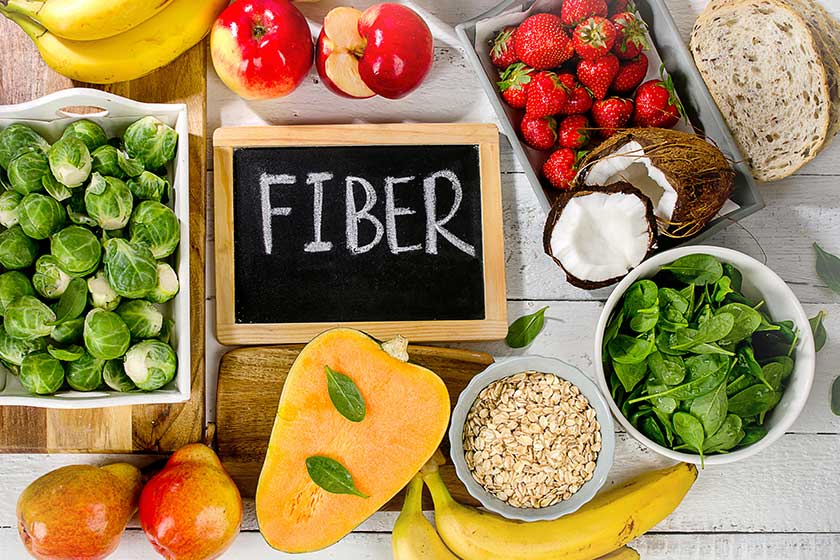Knowing how to prevent constipation in elderly individuals may sound like a modest goal, but it represents a cornerstone of well-being for those in their golden years. The quest for comfortable, active retirement hinges on managing health essentials, with constipation being a common concern. Addressing it head-on can significantly enhance the quality of life, paving the way for more joyful and vibrant living.
In our community, we intertwine our residents’ aspirations for a vigorous retirement with tangible health & fitness solutions. Acknowledging the nuances of elder care, our team focuses on dietary adjustments, hydration, and gentle exercise regimens. These are not just activities but pathways to liberation from health constraints like constipation, enabling residents to lead satisfying lives.
Increase Fiber Intake through Fruits, Vegetables, and Whole Grains
A diet high in fiber is key in preventing constipation. Fruits, vegetables, and whole grains contain fiber that helps bowel movements pass more easily. For elderly individuals, integrating fiber-rich foods into meals can significantly improve digestive health.
Start by including fruits like bananas and apples in your diet. Add vegetables like broccoli and carrots to your meals. Opt for whole grains like oatmeal and brown rice over processed grains. These small changes can lead to improved bowel regularity.
Additionally, it’s beneficial to increase fiber intake gradually to avoid discomfort. Pairing fiber-rich foods with ample water intake ensures the fiber moves through the digestive system with ease. This combination not only aids in preventing constipation but also contributes to overall health.
Stay Hydrated by Drinking Plenty of Water Throughout the Day
Water plays a crucial role in digestion. It helps fiber do its job and prevents stools from becoming hard and difficult to pass. Encourage elderly loved ones to drink water throughout the day. Other fluids like herbal teas are also beneficial. However, it’s best to limit beverages that can lead to dehydration, such as coffee and alcohol.
Setting reminders to drink water or having a water bottle within reach can help maintain hydration levels. This practice is particularly important in warmer climates or during physical activity when the body loses more fluids.
Engage in Regular Physical Activity to Boost Digestive Health
Physical activity is another vital component in preventing constipation. It stimulates the digestive system and can help maintain regular bowel movements. For elderly residents, walking, swimming, or light aerobic exercises can make a significant difference.
Choosing activities that are enjoyable and suitable for the individual’s fitness level is important. Regular physical activity can contribute to better digestive health and overall well-being, even in short durations.
Establish a Routine for Bathroom Visits to Encourage Regularity
Having a routine for bathroom visits can also encourage regular bowel movements. Encourage elderly individuals to listen to their body’s natural signals and not to ignore the urge to go. Establishing a regular time each day for bathroom visits promotes consistency.
This practice can be particularly beneficial for elderly residents who may experience disruptions in their daily routines. A stable bathroom schedule helps the body develop a regular pattern, aiding in the prevention of constipation.
Live Your Life Best with Us
Central to our retirement community is the creation of personalized wellness journeys. Understanding that each resident is unique, our approach intertwines Health & Fitness in a way that respects individual needs and preferences. From nutrition planning to physical activities and social engagements, we aim for holistic well-being, fostering an environment where every day is marked by achievement and contentment.







